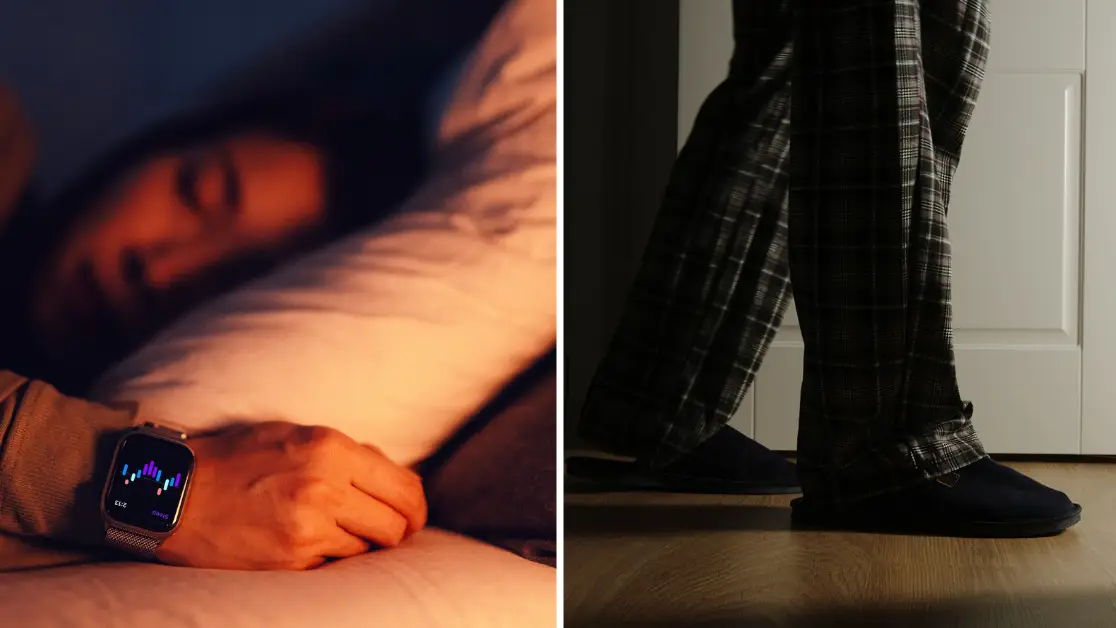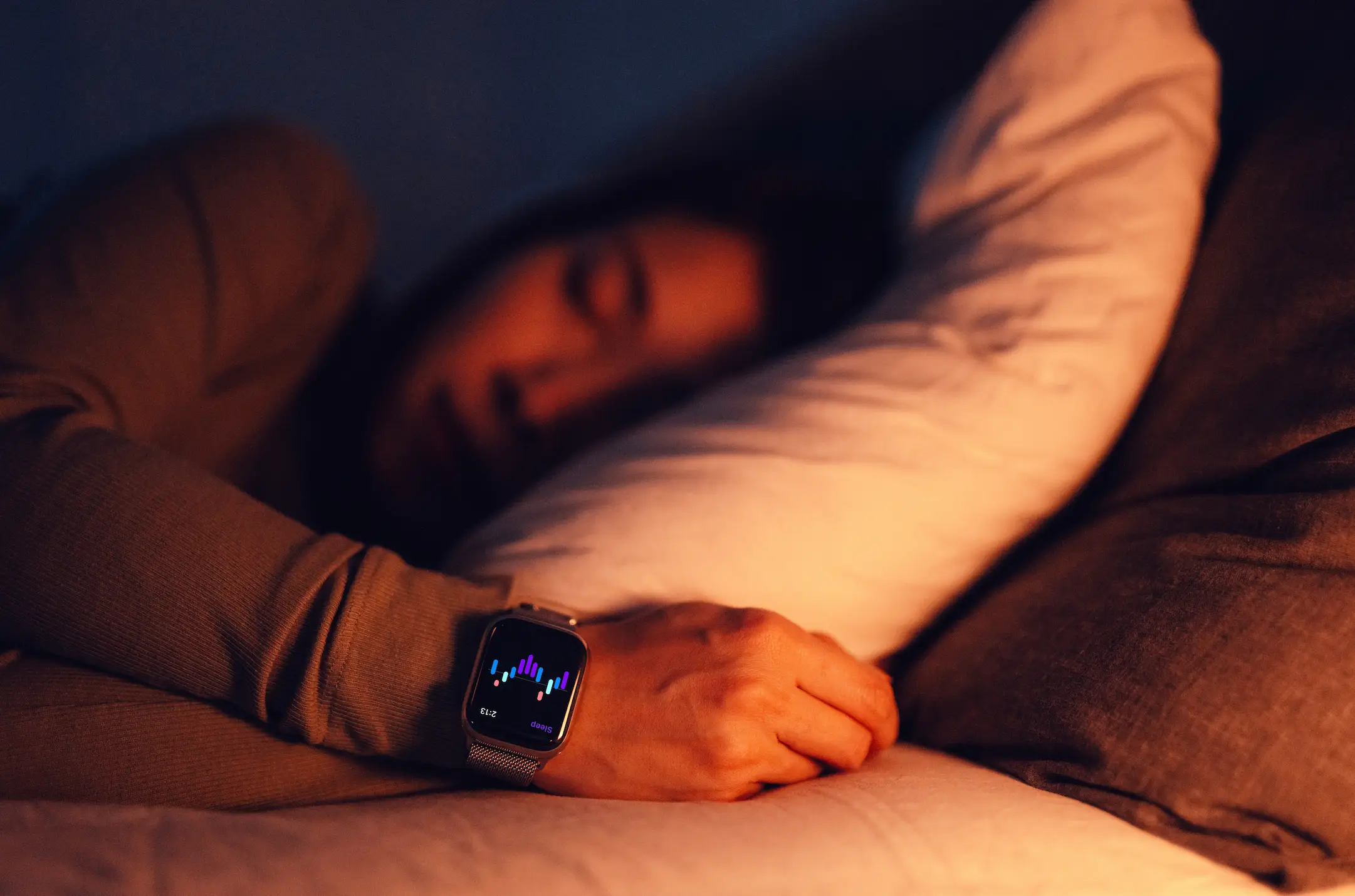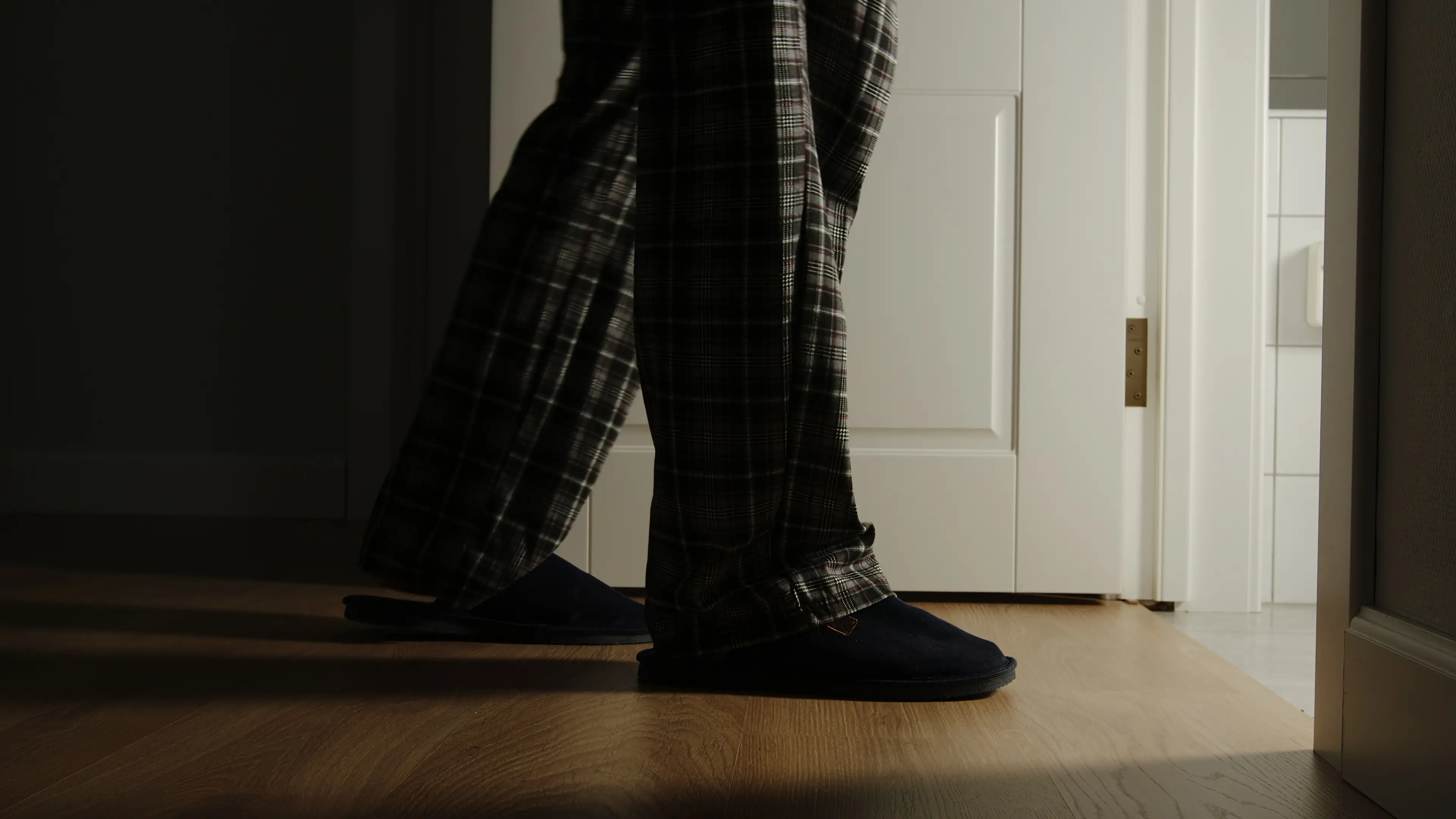Even when we feel absolutely exhausted, many of us find that whenever our heads hit the pillow, it’s impossible to get a good night’s sleep.
The room’s too hot, your toes are too cold, the street light is shining through the blind, your partner’s snoring...
And then when you do finally nod off, it’s often not long before your bladder wakes you up to drag you out of bed for a very reluctant wee.
But when should you be worried about that night-time toilet trip, also known as nocturia?
There are many things that can impact our sleep (Getty stock images) Of course, sometimes it’s inevitable to need to relieve yourself – if you had a nice, soothing chamomile tea to get you ready for bed, or if you’ve had an evening on the wine and drunk more than you might normally.
Even some medications can leave you need to wee more than usual, while pregnant people might find they’re up in the night a lot.
Experts also say it’s inevitable as you get older, with doctors at Guy’s and St Thomas’ in London saying on the trust’s NHS site that it actually often increases with age.
“Getting up to pee once a night is considered normal,” they said. “However, this generally increases with age. It is normal to get up 2 times a night in your 70s and up to 4 times a night in your 90s.”
As well as age, there are also other root causes behind nocturia rooted in your health.
These include prostate problems, bladder problems like an infection or urge incontinence (also known as an ‘overactive bladder’), heart problems or diabetes.
Similarly, sleep-related issues can also impact how often you’re getting up to wee, with Guy’s and St Thomas’ explaining “You are more likely to feel the urge to go to the toilet while you are awake. So, if you keep waking up in the night or have problems sleeping, you are more likely to need to pee.”
Do you ever have to get up in the middle of the night to go for a wee? (Getty stock images) As for what can help?
- Reduce the amount you drink before you go to bed – although make sure you are still drinking the recommended daily amount of two litres
- Have fewer drinks that contain alcohol or caffeine, as these can irritate your bladder
- If you find you regularly have swollen ankles, make sure you sit or lie down for an hour or so during the day
- Speak to your GP if you’re not sure if your medicine could be causing nocturia – but don’t stop taking them until you’ve spoken to a doctor
- Consider if anything environmental is affecting your sleep, such as temperature, noise and light
If nocturia continues, you may have a bladder or prostate problem that requires treatment.
Doctors may also be able to help alter levels of antidiuretic hormone (ADH), which helps regulate water balance in the body but is produced less by the body as you age, through medication.

 Jess Hardiman
Jess Hardiman
